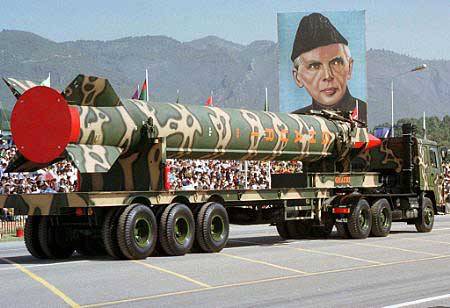Pakistan is not seeking to achieve parity with India in terms of nuclear weapons, but is rather pursuing Full Spectrum Deterrence doctrine to ensure that there are no gaps in its deterrence capability.
This was stated by Pakistan’s former envoy to United Nations in Geneva Amb Zamir Akram.
Amb Akram noted that threats were growing in the region due to large scale acquisition of military hardware by India, its public rejection of the policy of No-First Use of nuclear weapons, determination to carry out disarming strikes against Pakistan, and its espousal of dangerous and destabilizing doctrines like the Cold Start Doctrine.
“This has required us to move towards Full Spectrum Deterrence for responding to threats at the tactical level, the counter-force level, and the counter-value level. We need to cover all levels of threat.”
He maintained that strategic stability in South Asia was not just about Pakistan and India and instead involved China and US.
This complicated equation was causing its destabilization, which has been further “accentuated by developments outside the nuclear realm that is developments in Occupied Kashmir …. And use of terrorism by India through proxies based in Afghanistan,” he said.
Referring to a recent statement by Massachusetts Institute of Technology scholar Vipin Narang and assertions by former Indian National Security Adviser Shiv Shankar Menon in his book suggesting that India could shed its No-First Use doctrine and carryout disarming pre-emptive strikes against Pakistan, the former envoy said this did not come as a surprise because Pakistani security quarters never believed in an Indian declaratory statement of No-First Use, which could not be verified.
He observed these indications, nevertheless, pointed to Indian efforts to build capacity to carry out the disarming strikes.






